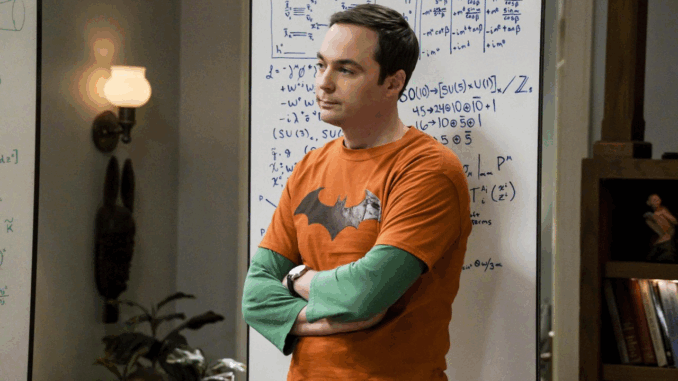
Even years after its finale, The Big Bang Theory continues to captivate audiences worldwide. Its unique blend of humor, relatable characters, and cultural references has cemented its place in television history. Let’s delve into the three main reasons why this sitcom remains a fan favorite.
1. Relatable Characters and Evolving Dynamics
Sheldon Cooper: The Unlikely Hero
Sheldon, portrayed by Jim Parsons, became an iconic character whose quirks and intellect resonated with viewers. His journey from a socially awkward physicist to a more emotionally aware individual showcased significant character development. Parsons’ performance earned him multiple Emmy Awards, highlighting the character’s impact on the show’s success.
Growth Beyond Stereotypes
Characters like Penny, initially seen as the stereotypical “girl next door,” evolved into a strong, independent woman with her own aspirations. Similarly, the addition of Amy Farrah Fowler and Bernadette Rostenkowski brought depth and diversity to the cast, challenging traditional gender roles in sitcoms.
2. Intelligent Humor and Cultural References
Celebrating Nerd Culture
The Big Bang Theory brought geek culture into the mainstream, making topics like quantum physics, comic books, and video games accessible and entertaining. The show’s ability to weave scientific concepts into its humor appealed to a broad audience, bridging the gap between academia and pop culture.
Guest Appearances and Authenticity
The inclusion of real-life scientists and celebrities, such as Stephen Hawking and Stan Lee, added authenticity and excitement. These appearances not only honored the show’s themes but also attracted viewers from various demographics.
3. Timeless Storytelling and Emotional Resonance
Universal Themes
At its core, the show explored themes of friendship, love, and personal growth. The characters’ journeys, filled with successes and setbacks, mirrored real-life experiences, allowing viewers to connect deeply with their stories.
Consistent Quality and Legacy
Spanning 12 seasons, the show’s consistent writing and character development maintained viewer interest. Its legacy continues through spin-offs like Young Sheldon and upcoming projects, ensuring that the universe of The Big Bang Theory remains alive and relevant.
Conclusion
The Big Bang Theory endures because it masterfully combines relatable characters, intelligent humor, and heartfelt storytelling. Its celebration of nerd culture and exploration of human relationships resonate with audiences, making it a timeless piece of television history.
FAQs
Q1: Why did The Big Bang Theory become so popular?
A1: Its unique blend of humor, relatable characters, and incorporation of scientific and pop culture references appealed to a wide audience.
Q2: Is The Big Bang Theory suitable for all ages?
A2: While generally family-friendly, some episodes contain mature themes. Parental discretion is advised for younger viewers.
Q3: Are there any spin-offs of the show?
A3: Yes, Young Sheldon is a prequel focusing on Sheldon’s childhood, and a new spin-off centered on Stuart Bloom is in development.
Q4: How accurate is the science in the show?
A4: The show consulted with physicists to ensure scientific accuracy, making complex topics accessible to the general audience.
Q5: Where can I watch The Big Bang Theory now?
A5: The show is available on various streaming platforms, including HBO Max and Netflix, depending on your region.
